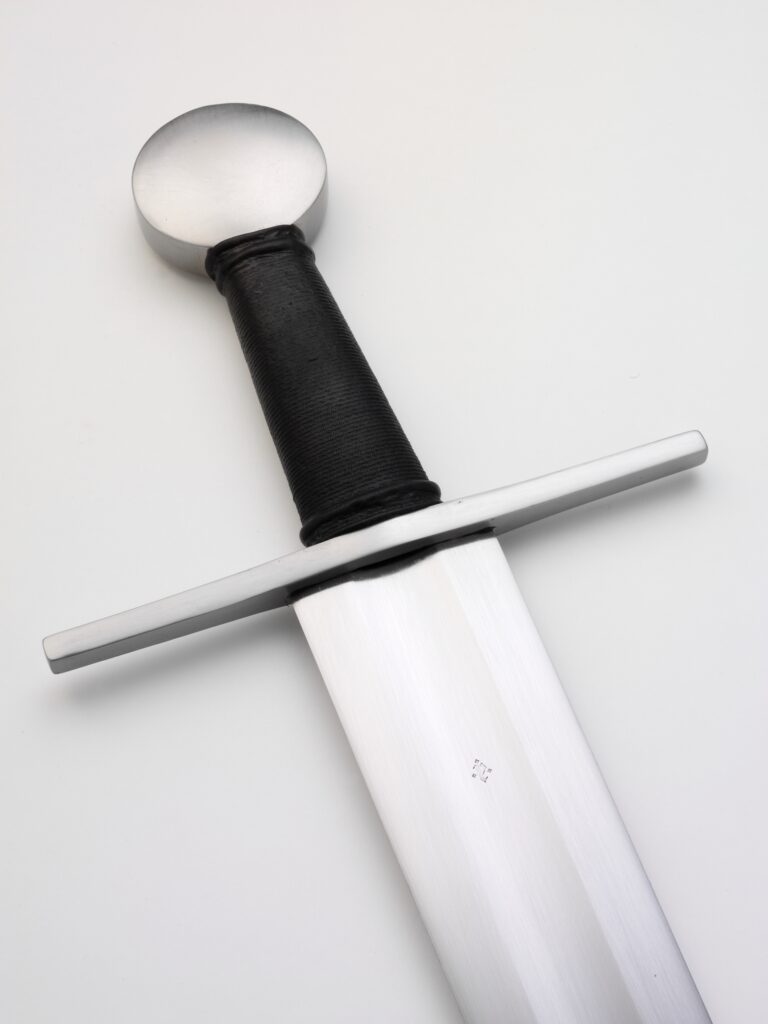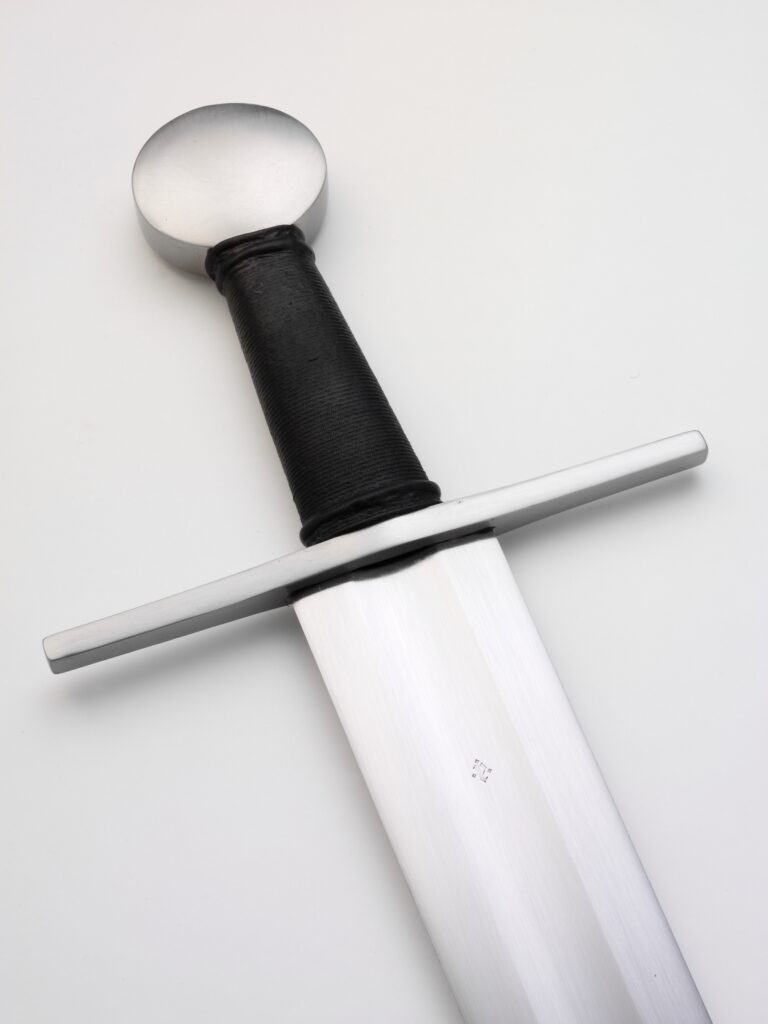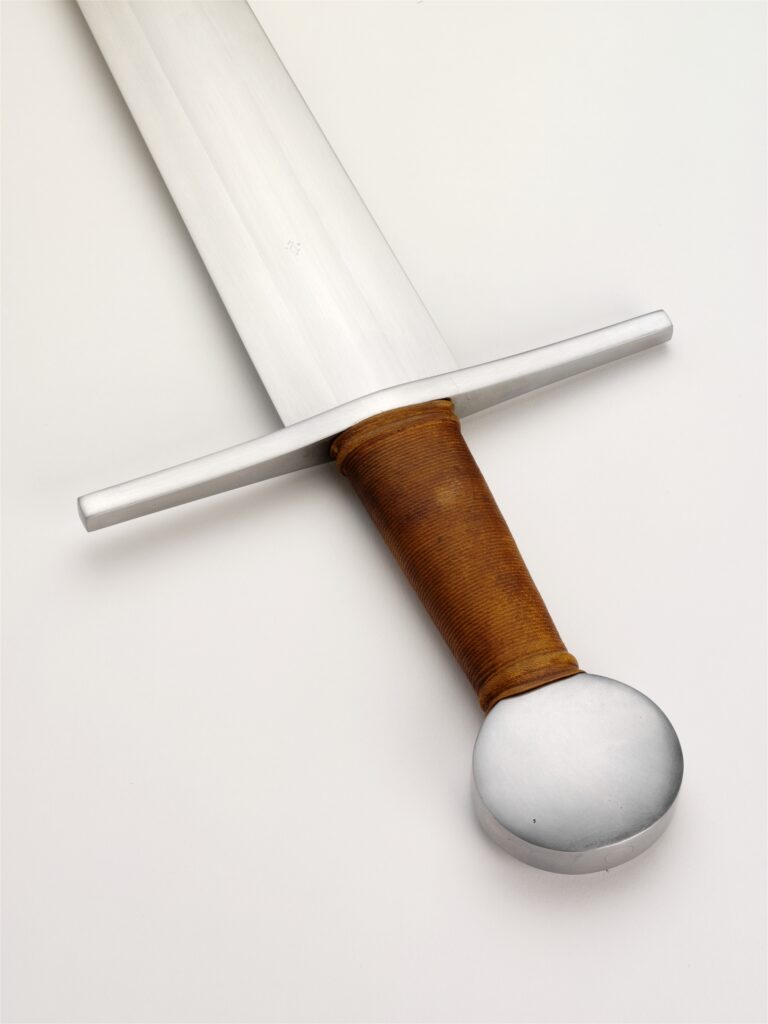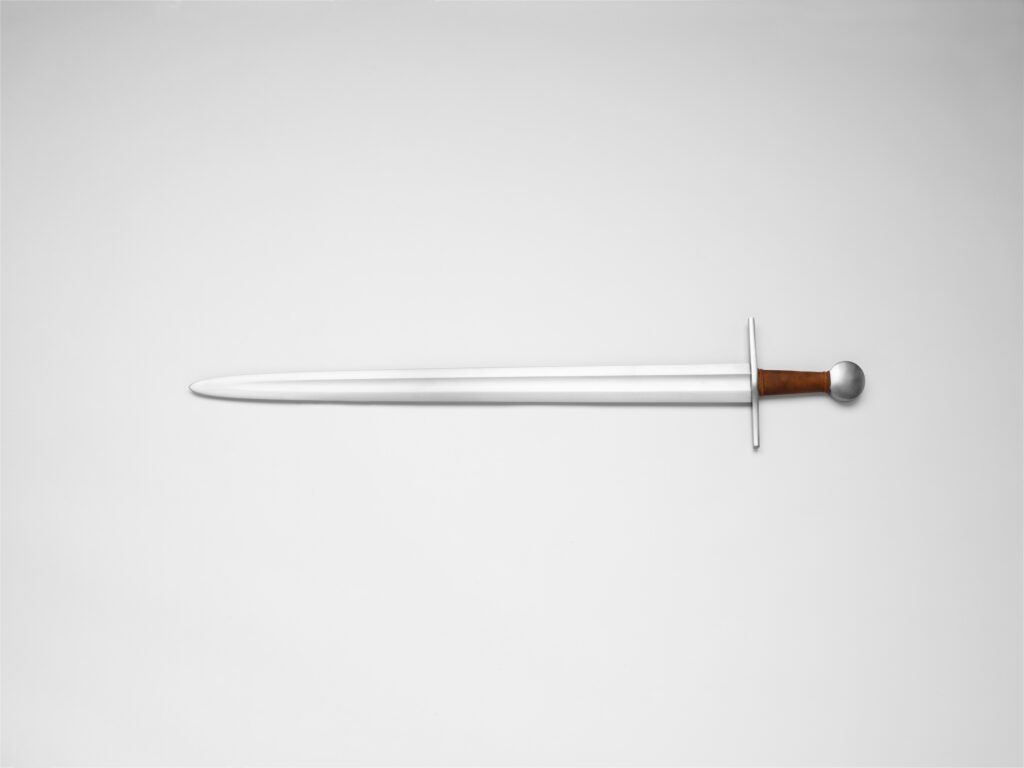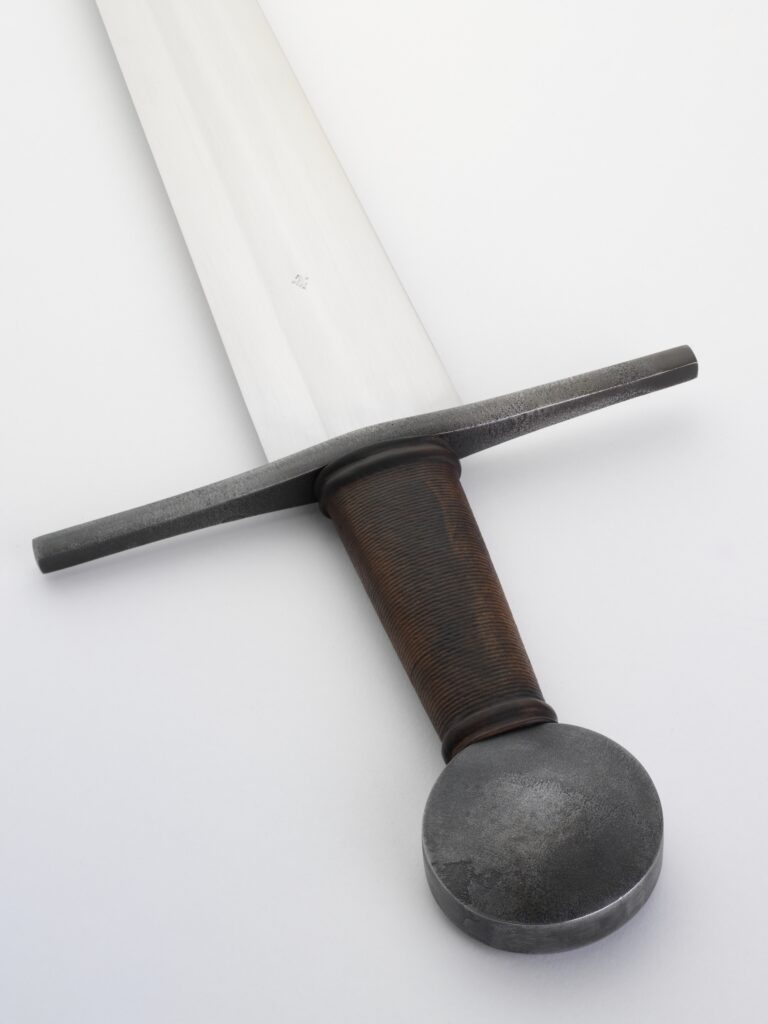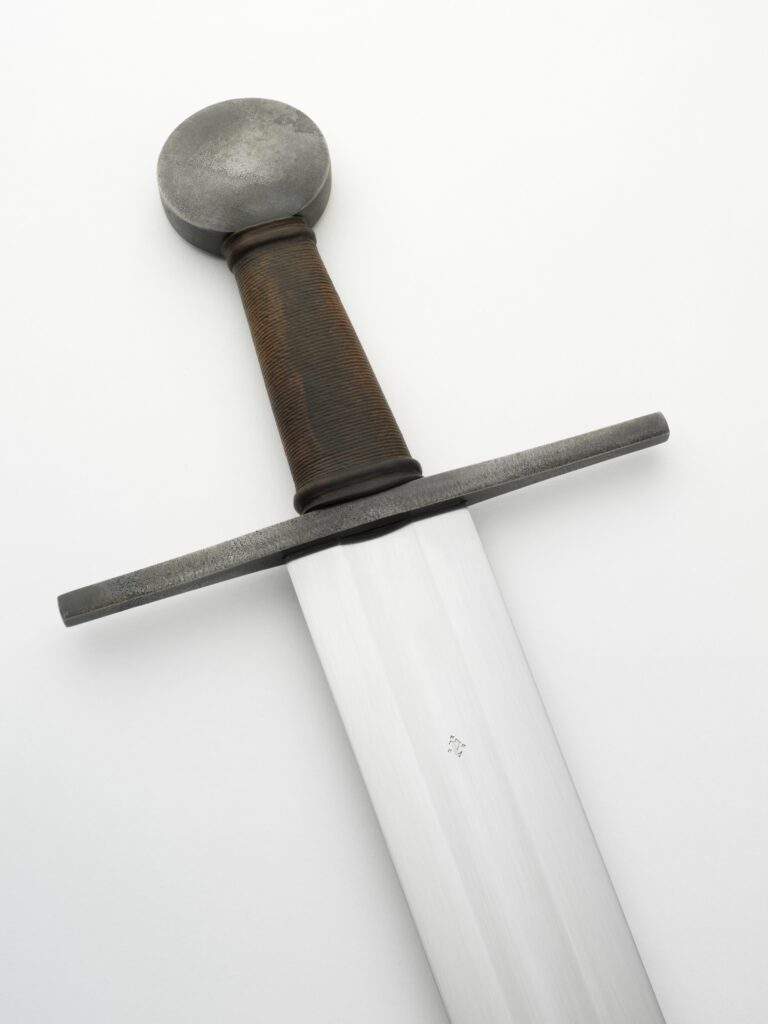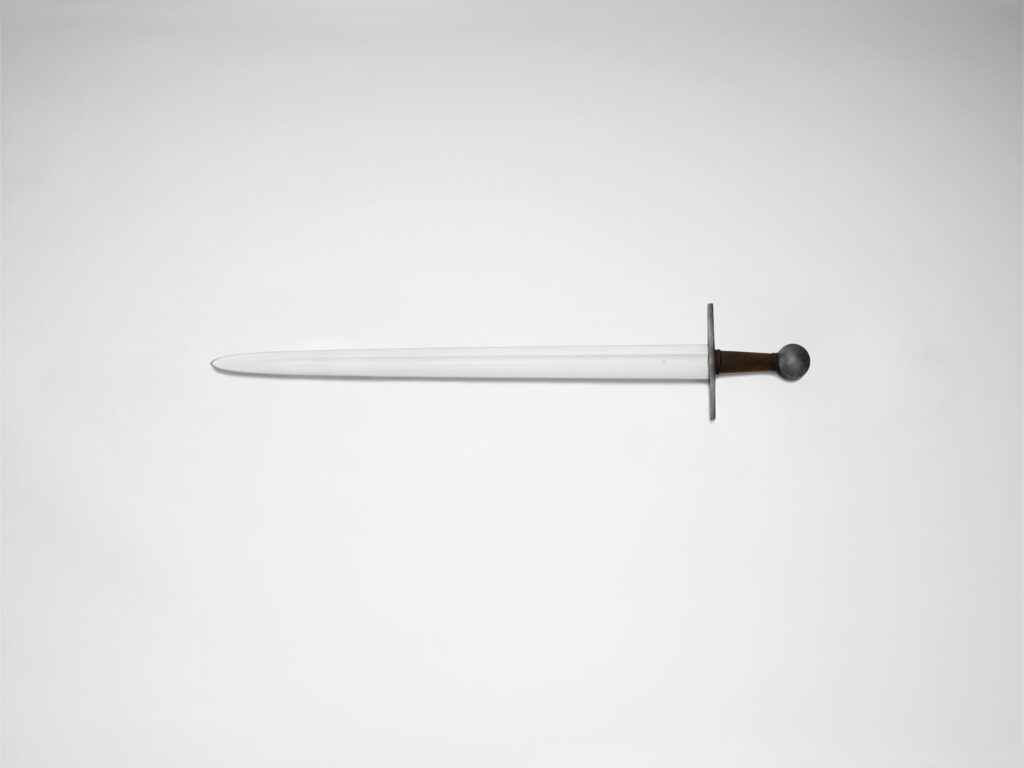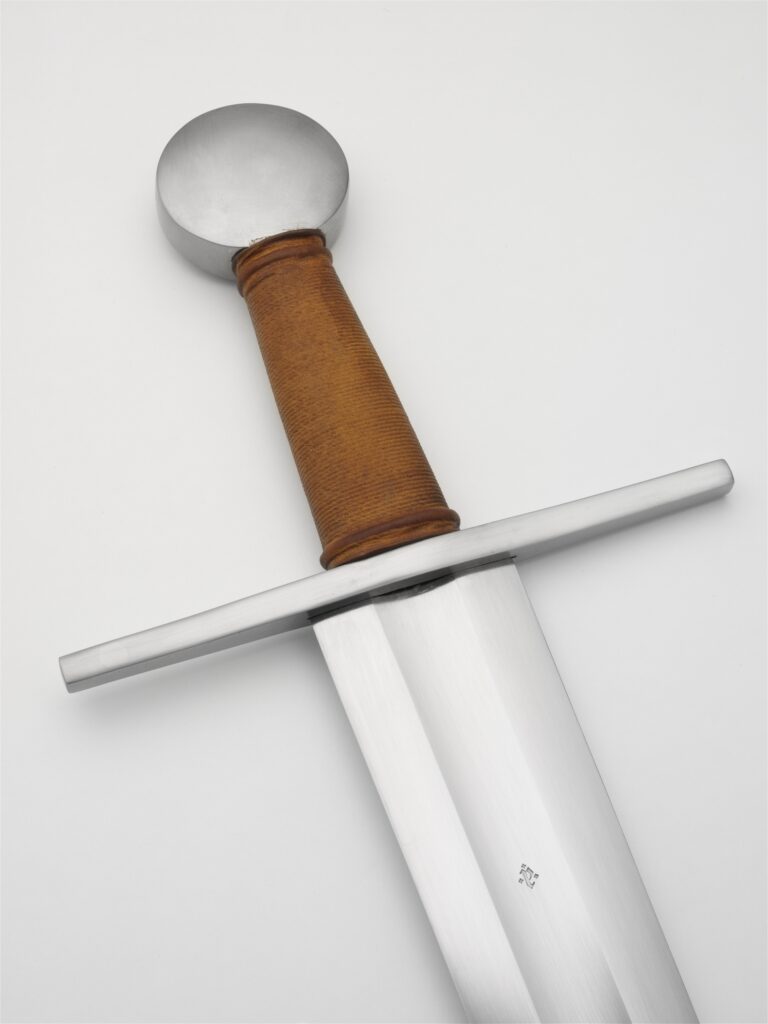$1,012.00 – $1,128.00Price range: $1,012.00 through $1,128.00
There are three ways to order:
· Order by Email
· Call our toll-free line at 1-888-806-4356
· Or click the button below to submit an order form
SKU: N/A
Categories: SIngle Hand Medieval Swords, The Next Generation
Additional information
| Grip Option | Leather wrap, Black, Leather wrap, Red, Leather wrap, Oxblood, Leather wrap, Dark Brown, Leather wrap, Campaign Brown, Leather wrap, Custom Dye |
|---|---|
| Hilt Finish | Satin Polish, Blackened Parts, Antique |
Related products
-
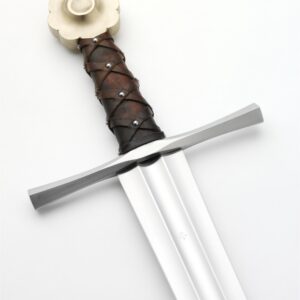
The Chevalier
$1,645.00 – $1,761.00Price range: $1,645.00 through $1,761.00 Select options This product has multiple variants. The options may be chosen on the product page -
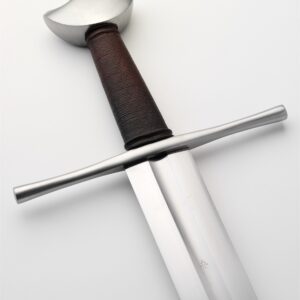
The Ritter
$1,012.00 – $1,128.00Price range: $1,012.00 through $1,128.00 Select options This product has multiple variants. The options may be chosen on the product page -
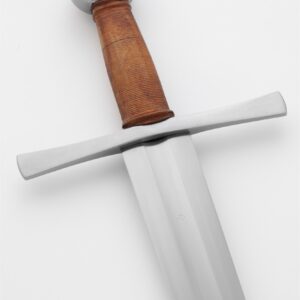
The Templar
$1,012.00 – $1,128.00Price range: $1,012.00 through $1,128.00 Select options This product has multiple variants. The options may be chosen on the product page -
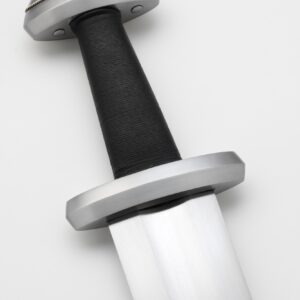
The Hersir
$1,645.00 – $1,761.00Price range: $1,645.00 through $1,761.00 Select options This product has multiple variants. The options may be chosen on the product page

